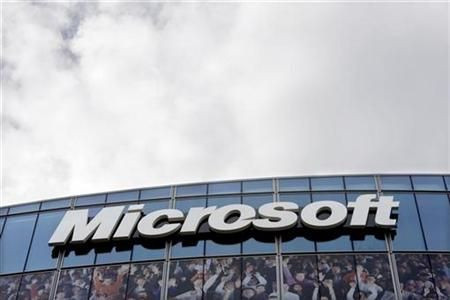Microsoft Internet Explorer 6 on the winding road

Micrsoft has put its decade-old Internet Explorer 6 on the winding road as the software major reiterated the need for users to abandon the web browser like never before with a new website.
The company has been urging its IE6 users to let go of the browser for years now. In the latest effort, Microsoft has launched a Internet Explorer 6 Countdown website with the tagline 'Moving the world off Internet Explorer 6.'
Friends don't let friends use Internet Explorer 6. And neither should acquaintances, the company says on the website, urging users to not only abandon the web browser themselves but also to 'Educate' others besides inviting the visitors to 'Join The Cause' as well as 'Tell Your Friends.'
Microsoft began its campaign to wipe off IE 6 from existence in 2009. In November 2009, the company actively urged users of Internet Explorer 6 browser to upgrade after launching IE 8 in March. There are two kinds of users who do not choose to upgrade: either they don't have a choice because of corporate computing policy or are not tech-savvy enough. The company generally targets the latter group of people with these campaigns.
What we're doing with the outreach is help users understand how to protect themselves against social engineering threats that exist and to help people understand how Internet Explorer 8 puts people in control of their own privacy online, Ryan Servatius, senior product manager for Internet Explorer, had explained back then.
With security considered the biggest problem with IE 6, the technology giant tauted IE 8 as more secure with ability to block 2 million malware sites a day.
In 2010, another resounding advice came from Microsoft against the IE 6 in the wake of the Google hack. In January 2010, Microsoft published a post on its Security Research & Defense blog stressing that the exploit code in connection with the Chinese attacks on Google worked against IE6 on Windows 2000 and Windows XP, although IE7 and IE8 on Windows Vista and Windows 7 included the flawed code that was exploited. Citing the hack attack, the company urged users to think about upgrading their version of IE, besides their OS. Upgrading the OS also results in a newer version of IE.
Now, the company has renewed efforts to further cut down the usage of the web browser, which is presently at a global usage level of 12 per cent.
10 years ago a browser was born. Its name was Internet Explorer 6. Now that we're in 2011, in an era of modern web standards, it's time to say goodbye. This website is dedicated to watching Internet Explorer 6 usage drop to less than 1 per cent worldwide, so more websites can choose to drop support for Internet Explorer 6, saving hours of work for web developers, the company says on its website.
Currently, Internet Explorer dominates the web browser market. According to the February browser market share numbers Internet Explorer had recorded a surge of 0.77 percent to 56.77 while Firefox was at 21.74, down 0.99 per cent.
In March 2011, reports of businesses dumping IE6 for newer and safer versions emerged. This trend was observed after IE8 emerged hot favorite in Novemeber 2010 as the IE6's persistence attributed to enterprises running legacy web applications declined.
Besides posing serious security threats, the IE 6 browser is infamous for requiring sites to build their pages using non-standard HTML and other Web technologies. The browser, which lacked modern features like tabbed browsing, has earned a scathing reputation of choking innovation, damaging websites, and hindering the web technology advancement.
Apart from direct appeals from the maker to abandon the IE 6, governments across the world have also issued advisories against the Internet Explorer 6. Germany and France have in the past issued warnings about Internet Explorer. Both the countries asked citizens to switch to prevent the same type of breach that affected Google.
Meanwhile, majority of the tech press as well as observers have been constantly asserting the need to let IE 6 die.
© Copyright IBTimes 2024. All rights reserved.




















